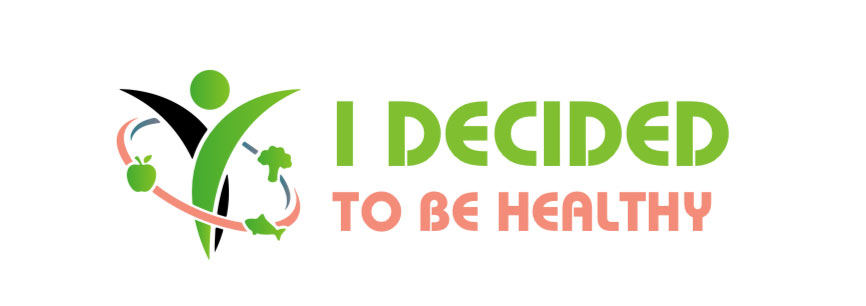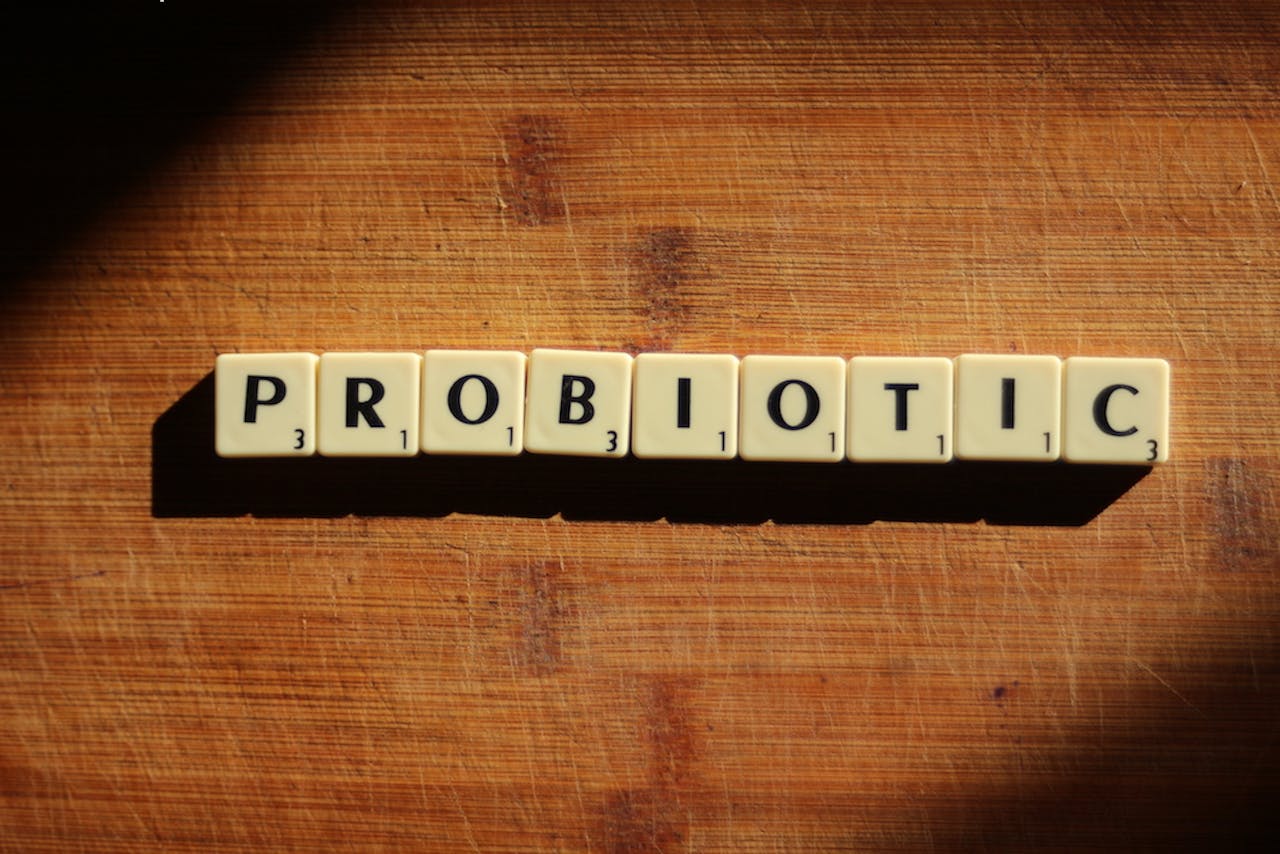Gut-Friendly Supplements to Take After Antibiotics: Restoring Balance to Your Microbiome
After a course of antibiotics, your gut often needs a little extra help to recover. Antibiotics are great at eliminating harmful bacteria, but they can also disrupt your gut’s healthy microbiome, leading to digestive discomfort, bloating, and even a weakened immune system. The good news is that certain supplements can help you restore balance and get your gut back on track.
Let’s dive into the most effective gut-friendly supplements you can take post-antibiotics to speed up recovery and support long-term gut health.
1. Probiotics: Rebuilding Your Gut Bacteria
It’s no surprise that probiotics are one of the top supplements to take after antibiotics. They introduce beneficial bacteria back into your gut, helping to rebalance your microbiome and support digestion. Look for a high-quality, multi-strain probiotic to ensure you’re replenishing a diverse range of gut bacteria.
Key Strains to Look For:
- Lactobacillus acidophilus: Known for supporting digestion and boosting immune function.
- Bifidobacterium lactis: Helps reduce bloating and supports gut health.
- Saccharomyces boulardii: A beneficial yeast often recommended after antibiotics, known for protecting the gut lining and reducing diarrhea.
How to Take It:
Start taking probiotics right after your course of antibiotics, and continue for at least 2-4 weeks to help rebuild your gut flora.
2. Prebiotics: Feeding the Good Bacteria
While probiotics add beneficial bacteria to your gut, prebiotics serve as food for those good bacteria, helping them grow and thrive. Prebiotic supplements typically contain fiber or plant-based compounds that aren’t digestible by the body but are fermented by gut bacteria.
Popular Prebiotic Supplements:
- Inulin: A type of fiber that feeds beneficial bacteria and supports digestive health.
- Fructooligosaccharides (FOS): Another form of fiber that promotes the growth of good bacteria like bifidobacteria.
How to Take It:
Take prebiotic supplements alongside probiotics to give your gut the best chance to restore its balance. You can also incorporate prebiotic-rich foods like garlic, onions, or asparagus into your diet.
3. L-Glutamine: Healing the Gut Lining
L-glutamine is an amino acid that plays a crucial role in maintaining and repairing the gut lining. After antibiotics, your gut lining may become irritated or inflamed, which can lead to symptoms like bloating or leaky gut. L-glutamine helps to soothe inflammation and promotes the regeneration of healthy gut cells.
How to Take It:
L-glutamine can be taken in powder or capsule form. It’s best taken on an empty stomach, and many people find it helpful to mix the powder into water or a smoothie.
4. Digestive Enzymes: Supporting Healthy Digestion
Antibiotics can sometimes disrupt your digestive system, making it harder for your body to break down and absorb nutrients properly. Taking a digestive enzyme supplement can help improve digestion and prevent discomfort like bloating or gas.
Key Enzymes to Look For:
- Protease: Helps break down proteins.
- Lipase: Aids in fat digestion.
- Amylase: Assists in breaking down carbohydrates.
How to Take It:
Take digestive enzymes with meals to support the breakdown of food and promote smoother digestion while your gut heals.
5. Omega-3 Fatty Acids: Reducing Inflammation
Omega-3 fatty acids, found in fish oil supplements, are known for their powerful anti-inflammatory properties. They help reduce inflammation in the gut lining and promote healing after a course of antibiotics. Additionally, omega-3s support the growth of beneficial gut bacteria and may even enhance the effects of probiotics.
How to Take It:
Take a high-quality fish oil supplement, or increase your intake of omega-3-rich foods like wild-caught salmon, mackerel, or flaxseeds.
6. Collagen: Strengthening the Gut Lining
Collagen supplements are excellent for supporting gut health, particularly when it comes to healing the gut lining after antibiotics. Collagen contains amino acids like glycine and glutamine, which help repair and strengthen the gut wall, reducing the risk of leaky gut and improving overall digestive function.
How to Take It:
Collagen is available in powder or capsule form. You can easily add the powder to smoothies, soups, or even your morning coffee for a gut-healing boost.
7. Vitamin D: Boosting Immune and Gut Health
Vitamin D plays a dual role in supporting your gut and immune system, both of which can be weakened after antibiotics. Low levels of vitamin D are associated with gut issues like irritable bowel syndrome (IBS) and poor microbiome diversity. Taking a vitamin D supplement can help restore balance and improve your body’s natural defenses.
How to Take It:
You can take vitamin D as a standalone supplement or as part of a multivitamin. The recommended daily intake for most adults is around 1,000 to 2,000 IU, but it’s always best to check with your healthcare provider.
Bottom Line: Support Your Gut with the Right Supplements
After antibiotics, your gut needs time and care to heal. By incorporating probiotics, prebiotics, and other gut-friendly supplements like L-glutamine, omega-3s, and collagen, you can speed up the healing process and restore balance to your microbiome. Remember, gut health is a journey, so be patient and consistent with these supplements, and you’ll be feeling better in no time!


